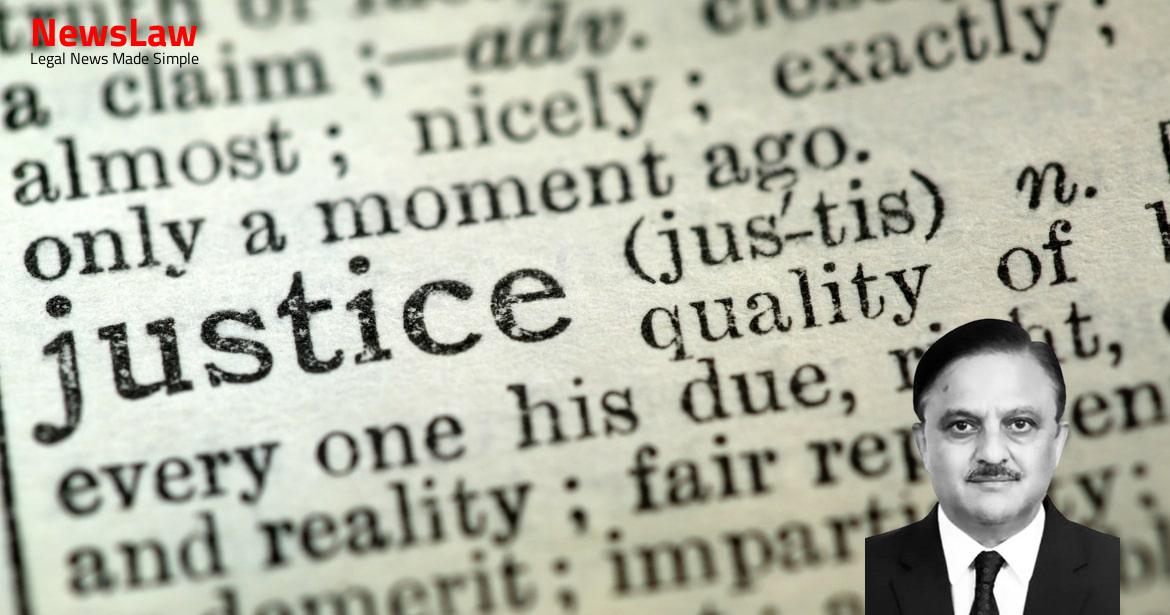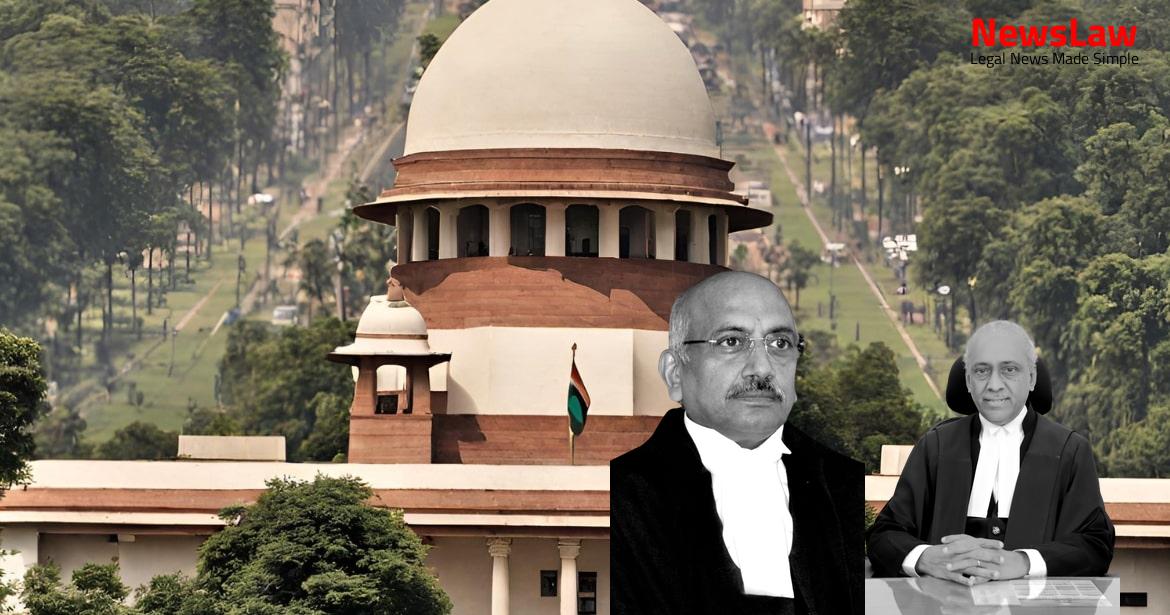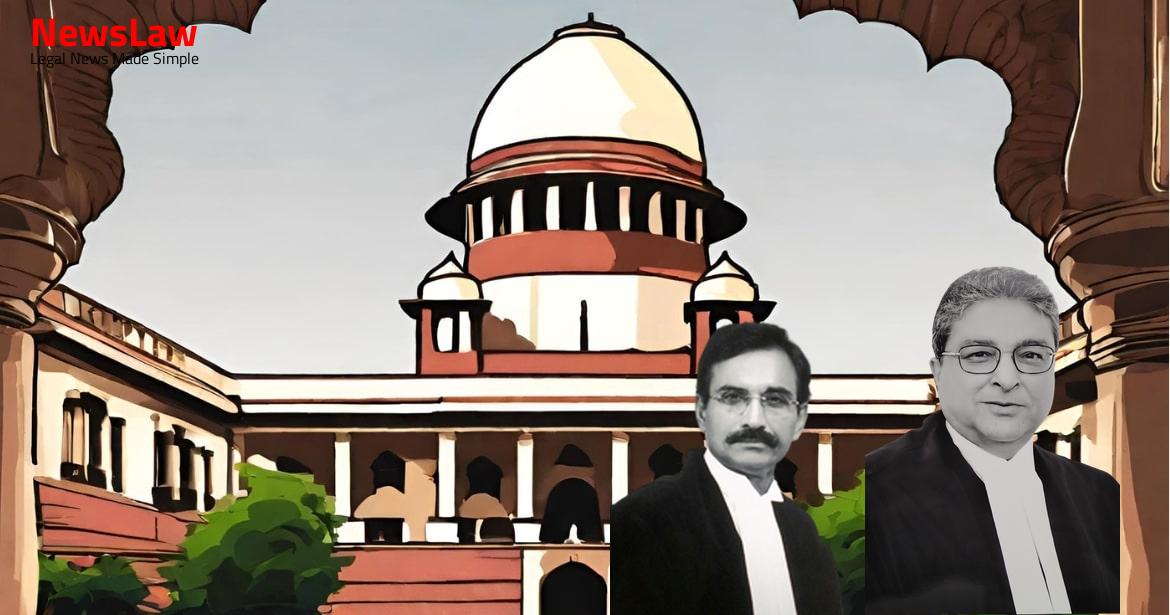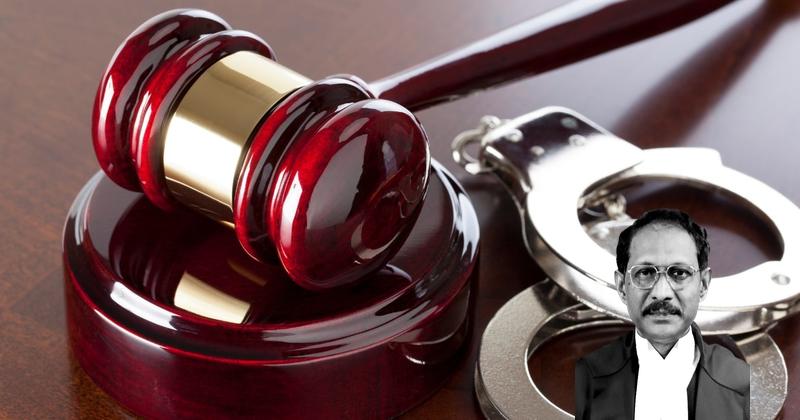Delve into the nuanced legal analysis of service tax exemptions for religious pilgrimages provided by different entities. This blog post focuses on the court’s evaluation of the legal framework, classification criteria, policy considerations, and discriminatory claims related to tax exemptions. Understanding the interpretation of tax laws in the context of religious pilgrimage services sheds light on the complexities of taxation in the service sector.
Facts
- The batch of petitions does not address the issue of extra-territorial operation of the service tax regime.
- Some petitions challenge the validity of Rules 8 and 14 of the 2012 Rules.
- Certain petitions seek a declaration that the laws relating to service tax do not apply to HGOs and PTOs providing services for Hajis.
- The Haj pilgrimage from India can only be undertaken through the Haj Committee or HGOs as per bilateral arrangements.
- Many petitions in this batch are filed by organizations representing HGOs/PTOs.
- One individual petition is filed by a person wishing to undertake the Haj pilgrimage.
- The petitions mainly contest orders rejecting representations.
- Exemption from service tax for religious pilgrimages under bilateral arrangements is provided by certain Notifications.
- HGOs and PTOs filed petitions challenging the levy of service tax on Haj pilgrimage services.
- The Court directed petitioners to represent to the Government for exemption from service tax.
- The issue of the validity of the levy of service tax has not been extensively argued.
- The liability of HGOs/PTOs to pay service tax for services provided to Haj pilgrims is a key question in these petitions.
- Service tax regime was introduced in India in 1994 under the Finance Act.
- An amendment in 2012 expanded the services subject to service tax.
- Changes in the percentage of service tax and the introduction of Place of Provision of Services Rules were also notable.
- The GST Council rejected representations regarding service tax exemption for Haj services.
Also Read: Analysis of Improper Grant of Bail in the Director of Enforcement v. Bablu Sonkar Case
Arguments
- The petitioner’s counsel, Arvind P. Datar, made detailed submissions supporting the writ petitions.
- Argued that the Revenue has accepted that the Haj Committee and HGOs provide the same services to Haj pilgrims.
- Emphasized that Haj Committee and HGOs/PTOs belong to different classes.
- Referred to a rejection by the court of a similar distinction based on government servants belonging to Scheduled Tribes.
- Cited the CESTAT decisions for the earlier service tax regime period before July 1, 2012.
- Interpreted that service to Haj pilgrims became taxable from July 1, 2012, as it was not part of the negative list under Section 66-B of the Finance Act, 1994.
- For the period from July 1, 2017, onwards, relied on Section 12(2) and Section 12(9) of the IGST to define the place of supply for services.
- Argued that if both service provider and recipient are within India, the transaction is taxable.
- Highlighted that Haj Committee constitutes a distinct class from HGOs/PTOs despite similar services being offered.
- Critical analysis of the statutory duties imposed on Haj Committee by Section 9 of the 2002 Act.
- Challenged the Revenue’s reliance on Section 9 of the 2002 Act for supporting the classification made.
- Interpreted that the location of the service recipient should be where the service is rendered.
- Asserted that conducting tours for Haj pilgrims by HGOs/PTOs is a commercial activity, not a religious ceremony eligible for exemption.
- Pointed out that none of the statutory provisions have been challenged in this group of petitions.
- Highlighted the definition of ‘pilgrim’ as per Section 2(f) of the 2002 Act.
- Contended that the decision based on some HGOs’ representation is flawed.
- Suggested that Rule 8 will apply, making the service taxable.
- Service tax is not a direct tax on the service provider but a value-added tax on the activity of service itself.
- The service tax was introduced through the Finance Act, which incorporated various services subject to the tax.
- IGST Act’s Section 12 excludes the applicability of Section 13, rendering clause (b) of sub-Section (3) of Section 13 inapplicable in certain cases.
- The petitioner’s counsel argued that Rule 8 would not apply in the present case.
- Service tax is an indirect tax levied on the service provider, who can pass on the burden to the service recipient.
- Differential exemptions were granted based on the Government’s satisfaction of the public interest and exceptional circumstances.
Also Read: Withdrawal of Offending Statements in Defamation Case
Analysis
- The analysis focuses on the interpretation and application of various provisions of the IGST Act and the 2012 Rules in the context of services provided by Haj Group Operators (HGOs) and the Haj Committee for Haj pilgrims.
- It discusses the classification of service providers and recipients based on location, particularly in the context of religious pilgrimage services.
- Examination of GST exemptions and the reasoning behind differentiating between specified organizations and private tour operators in providing services for religious pilgrimage.
- Analysis of the relationship between the Central Government and the Haj Committee, emphasizing the control and supervision that the government exercises over the committee.
- Comparison of services provided by HGOs and the Haj Committee, highlighting the exemption available only to specified organizations facilitating religious pilgrimages under bilateral arrangements with the Ministry of External Affairs.
- Explanation on the place of provision of service based on the location of service providers and recipients under the IGST Act and the 2012 Rules.
- Clarification on the application of exemption notifications to services rendered by the Haj Committee and HGOs, with a focus on the nature of services provided and their profit motives.
- Discussion on the objective of the exemptions, the necessity for stringent conditions for registration of private tour operators, and the role of the government in overseeing pilgrimage services.
- Review of previous court decisions and the relevance of Article 14 of the Constitution in evaluating discrimination claims with regard to tax exemptions.
- Overall, the analysis underscores the legal framework, classification criteria, and policy considerations that influence the taxation of services related to religious pilgrimages provided by different entities.
- Service tax is levied at a rate of fourteen percent on the value of all services provided in the taxable territory.
- The place of supply of services is determined based on the location of the supplier and recipient of services in India.
- Specific rules are provided for determining the place of supply for different types of services, including telecommunication services, banking services, and services related to immovable property.
- For services provided at multiple locations, the place of supply is where the greatest proportion of the service is provided in the taxable territory.
- The place of supply for insurance services is based on the location of the recipient of services.
- Rules also cover the place of supply for events, performances, transportation services, and cultural or entertainment events.
- Exceptions are provided for certain services, such as services related to immovable property or religious ceremonies.
- In the absence of specific agreements, the place of supply is determined based on prescribed methods.
- The Finance Act extends to the whole of India except for the State of Jammu and Kashmir.
- Provisions also cover the place of supply for services where the location of the provider or recipient is outside India.
- General rule is strict interpretation, while the special rule for beneficial and promotional exemptions is liberal interpretation.
- Bench judgment did not refer to the line of authority that distinguishes between exemption provisions generally and those with a beneficial purpose.
- The beneficial purpose of the exemption must be given full effect, eschewing literal formalistic interpretation.
- Judicial self-restraint and deference to legislative judgment are emphasized in economic regulation cases.
- Legislature should be allowed some play in the joints, particularly in economic matters.
- Exemptions in tax matters lead to revenue loss and credit distortions.
- Court should give judicial deference to legislative judgment in economic regulation.
- Classification by reference to Article 14 must have an intelligible differentia with a rational relation to the object sought to be achieved by the Act.
- The classification of pilgrims based on the mode of pilgrimage is justified by an intelligible differentia with a rational relation to the statute’s object.
- Arguments based on discrimination have no substance as HGOs and Haj Committees are not on par.
- Haj Committees constitute a separate class based on rational classification with a nexus to the object sought to be achieved.
- There is a rational basis for classifying specified organisations and excluding Private Tour Operators from exemption under Clause 5A.
- Judicial self-restraint needed in this case.
- Extra-territorial operation of the service tax regime not addressed in this judgment.
- Petitions are devoid of merit and dismissed.
- No merit in the challenge raised in the petitions.
- A matter of policy in the end.
Also Read: Acquittal in IPC Offences: Lack of Test Identification Parade
Decision
- The court considered the arguments presented by both parties regarding the RPC issue.
- It reviewed the relevant legal precedents and statutes related to RPC.
- The court analyzed the facts of the case in relation to RPC and made its determination.
- The judgment concluded with the court’s decision on the RPC issue.
Case Title: ALL INDIA HAJ UMRAH TOUR ORGANIZER ASSOCIATION MUMBAI Vs. UNION OF INDIA (2022 INSC 749)
Case Number: W.P.(C) No.-000755 / 2020



